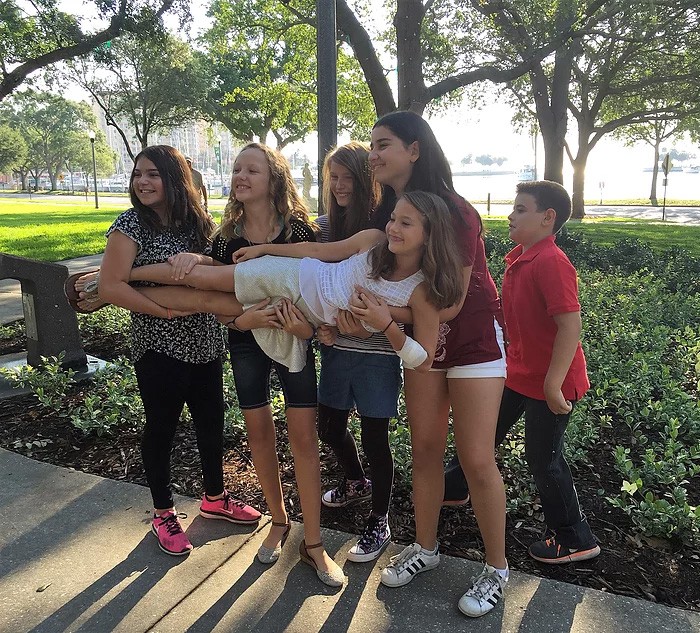If you have been following Indi-ED for a while, you may understand that we do a lot differently-intentionally.
How and why our students are aligned are one of those differences. Our cohorts are compromised of 5-7 like-minded students. Abilities and interests are considered-not solely their ages.
We also chose to have our cohorts remain with one another and their teacher over multiple years. If this is the first you’ve heard of it, you can read more here or check out the research on looping. Good teachers know all to well, that the cycle that we’ve become accustomed to is not providing value to anyone.
Does this sound familiar?
Working for the first few months to build relationships, trust, and respect so that REAL learning can happen, then refreshing those relationships and expectations after winter and spring breaks, only to be interrupted by state testing. Then shortly thereafter students are shipped off to the next teacher and the cycle starts over again.
If you’re in a traditional school, this should sound familiar. It’s what every teacher, family, and student goes through EVERY 180 days. Which does NOT mean that it’s beneficial, valuable, or the best practice.
At Indi-ED, we are breaking this cycle.
Our students will STAY with their classmates and their teachers next year. We will be able to truly BUILD upon all that we have cultivated this year- all of the trust, respect, relationships, and academic progress.
Yes, it still took a little while at the beginning of year to build the relationships and trust. Yes, there were still challenges along the way and it wasn’t always easy. We still needed to reinforce new procedures, new methods of communication, and new ways of work.
What makes us different is that at the beginning of next year, we will already KNOW our students! Crazy, right?!
We will know our students’ strengths, their interests, and their preferred methods of learning. We will know their senses of humor and how to read their body language. We will know their levels of understanding in various academic subjects. We will know what they need to work on in order to improve, and what they are interested in studying and experiencing. (Yes, we purposefully ask them for feedback and work to design our curriculum based on their interests.)
At the beginning of next year, our students will also KNOW each other too. Many of them are now extremely close friends who they can effectively learn with, play with, and discuss life with. They will be able to ‘save time’ at the beginning of the year, just as we can. They won’t have to spend weeks feeling each other out and figuring out who they can trust. The trust is already there.
Best “friends forever”, with forever starting this year.

This leg up rings true for not just our students but for our families as well.
Our intentionally small cohorts allow us to individualize for our students but it also affords us the time and opportunity to get to know our students’ families just as much. We’re fully aware of what work it takes for parents to share with their child’s teacher the ins and outs of who their child is, how they work best, any challenges they may have faced, etc. Our families don’t have to do that next year either.
Another benefit that isn’t considered often, is that our students and families have taken the time to get to know us too and won’t have to relearn that either.
We’ve shared many meals with together, laughed together, cried together. We’ve worked through struggles together. We’ve celebrated their children’s many successes together.
You don’t change your family members or employees each year. Some of the most meaningful relationships in life are LASTING ones. They are long-term.
Why should school-based relationships be any different?


